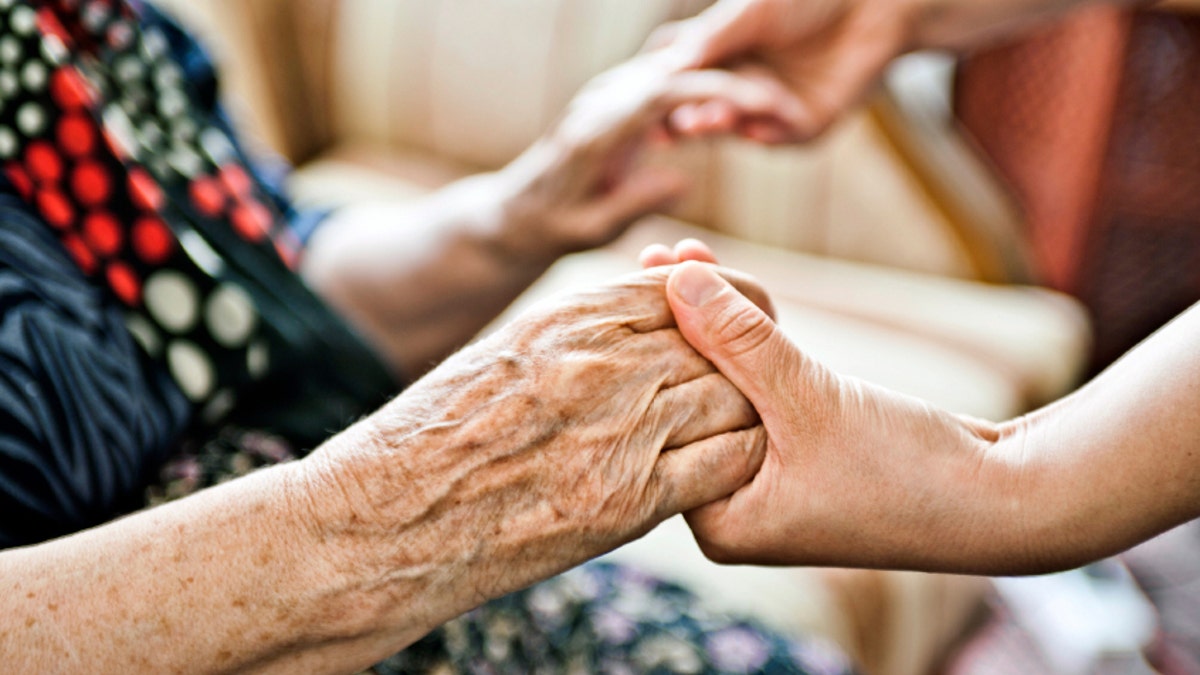
Going home from the hospital is an emotional relief for a patient, as well as his or her friends and family. But that doesn't mean the need for support is over. In the hospital, nurses and aides are always on hand to make sure prescriptions are available, provide meals or give general help. At home, that extra help may still be needed and that's where you as a friend can play an important role.
In my experience, there are three types of “sick” people. Some welcome you to their homes with open arms and are eager for company and help. Others feel like they have to entertain you and worry about whether the house is picked up or feel like they are imposing on your time if they ask for help. And some don’t want to engage directly with anyone; they just need to be left alone to focus on making decisions and concentrate on getting well.
When I have a friend who is heading home from the hospital – even if it's my best friend – I start by “testing the water” to find out what kind of help she needs. Then I make my plan to give help that will really benefit her and speed her recovery.
Schedule help
If your friend has a lengthy recovery ahead or is undergoing treatments like radiation or chemotherapy, he or she probably needs on-going support. If you share a group of friends, you can help by putting together a schedule for meal deliveries, running errands, and whatever else your friend needs. SignUp Genius is one of many free websites that can help you list what is needed and invite people to participate. It will even send email reminders to those who offered to help.
Food
Preparing food can be a big physical and emotional drain. Setting up a rotation for friends to drop off meals or to pitch in to share the cost of a food delivery service can be a big help. Just remember that some medications and treatments affect how food tastes. So check to see if your friend has any particular likes, dislikes or diet restrictions.
Errands
Running errands can also be a physical strain. Before you do your own shopping, call to see if there is anything your friend needs. An offer to stock the refrigerator, pick up prescriptions or get pet supplies may be much appreciated.
Thinking of You
If daily visits are too much for your friend, assign each person a day to phone or text a quick “thinking of you” message. SignUp Genius can help with this, too. It’s a great way for everyone to stay in touch with your friend without the worry that everyone is calling him or her on the same day. Remind everyone on the call chain that the purpose is to let your friend know you are thinking about him or her – so don’t expect or demand a response.
Share the news
When someone is sick, everyone wants to know how that person is doing, what the doctors say, and what treatments are in progress. If your friend isn’t up to sharing any news, you can offer to set up a simple blog or Facebook page where authorized people such as your friend, family or caregivers can post updates. My friends used the website Caring Bridge to help everyone stay connected and informed. The website also has a support planner to organize helpers.
In my experience as a health advocate, real healing begins when a patient goes home from the hospital. If you have a friend or loved one who is facing an extended illness or lengthy recovery, you can be an important part of the healing process by giving your support. Just remember that the time of healing has to be all about the patient. Don’t be overzealous or overwhelming in your attempts to help. Share your love and concern in whatever way is in your friend’s best interest.
Michelle King Robson (pronounced robe-son) is one of the nation's leading women's health and wellness advocates. She is the Founder, Chairperson and CEO of EmpowHER, one of the fastest-growing and largest social health companies dedicated exclusively to women's health and wellness. In 2011 EmpowHER reached more than 60 million women onsite and through syndication expects to reach more than 250 million in 2012.
